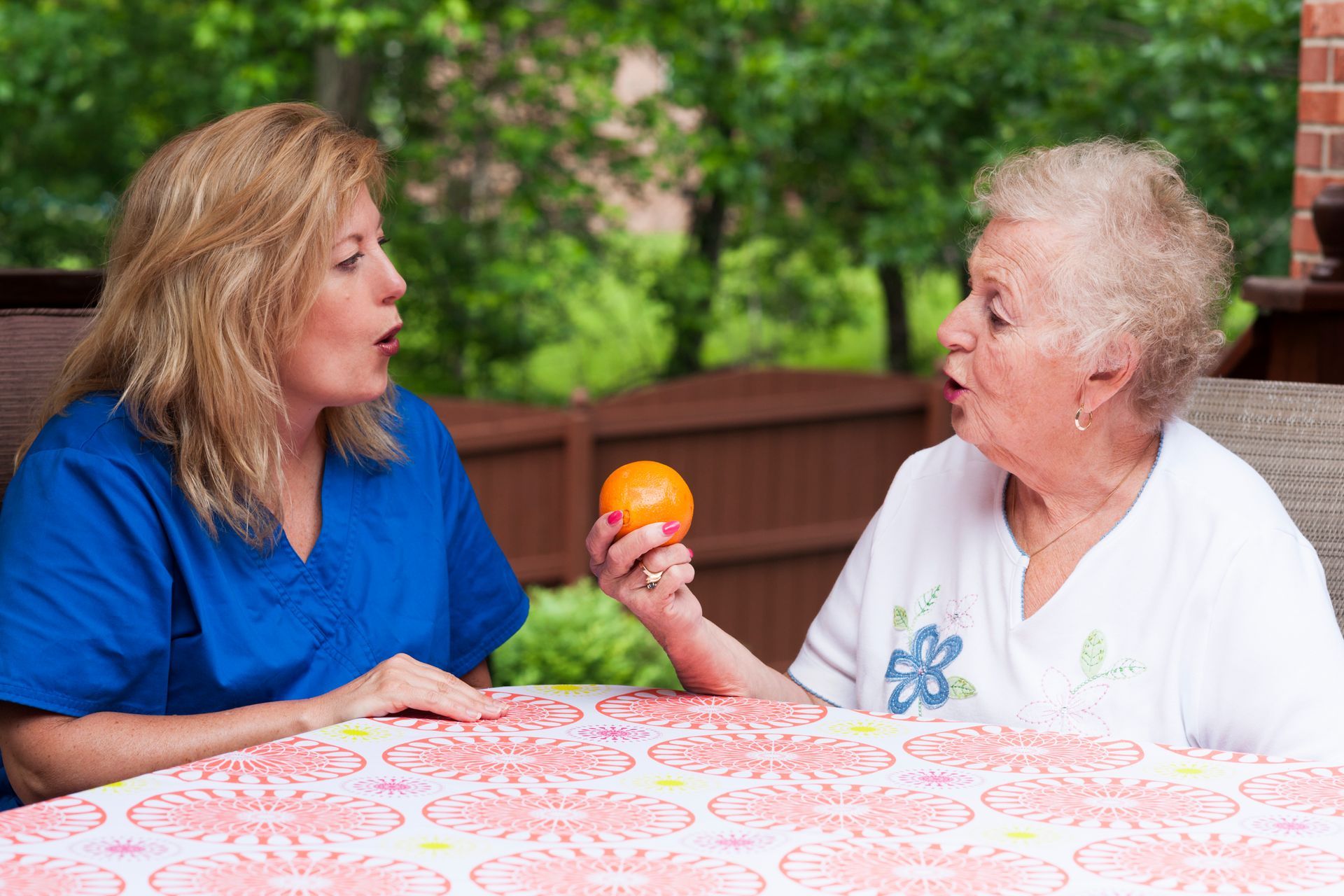Reasons to Stay Social As You Age for Better Health
As we age, it’s natural to slow down and become more focused on personal routines and the comfort of solitude. However, withdrawing from social life can have unintended negative effects on both our mental and physical health. Staying socially connected, on the other hand, provides countless benefits that contribute to a happier, healthier life. Research has shown that seniors who maintain an active social life experience improved cognitive function, emotional well-being, and even physical health. Here are eight compelling reasons why it’s essential to stay social as we age.
1. Improve Your Mental Health
The importance of mental health cannot be overstated, especially as we age. Socializing helps alleviate feelings of loneliness, which can often lead to depression, anxiety, and stress. Engaging with friends and family members, or participating in group activities, gives us a sense of purpose and emotional support. Studies also show that socializing has the potential to enhance cognitive function, helping us stay mentally sharp as we grow older. Keeping in touch with others helps maintain a positive outlook, which is crucial for overall mental wellness.
2. Boost Your Physical Health
It’s not just your mind that benefits from social connections—your body does too! Regular social interactions can contribute to lower blood pressure, a stronger immune system, and reduced physical pain. When you spend time with friends, it often encourages physical activity—whether it’s walking, exercising, or simply doing more active hobbies like fishing or gardening. Socializing indirectly promotes healthier habits that contribute to better physical well-being.
3. Develop Better Eating and Sleeping Habits
As we age, nutritional habits can slip, and mealtime may become a solitary event. However, studies have shown that people tend to eat healthier and more consistently when dining with others. Eating meals with friends or family members provides not only physical nourishment but also emotional comfort, which can lead to healthier choices. Similarly, those who maintain strong social relationships tend to experience better sleep quality compared to those who are isolated. Being socially active can indirectly help improve your eating and sleeping habits.
4. Foster a Sense of Belonging
Humans are inherently social creatures, and as we age, it’s important to maintain a sense of connection with the world around us. Participating in social activities allows us to nurture relationships and feel included in a community. This feeling of belonging is essential for mental health. Being involved in clubs, volunteering, or simply spending time with family and friends creates a strong sense of attachment and helps combat feelings of loneliness and isolation. Having a reliable support system makes life more fulfilling and enjoyable.
5. Increase Your Longevity
It might sound surprising, but staying socially connected has been linked to increased longevity. Research suggests that people who have strong social bonds tend to live longer and experience a higher quality of life. Engaging in social activities provides emotional and psychological benefits that can reduce stress and even lower the risk of chronic health conditions. Friends and family members offer emotional support, encourage healthier lifestyles, and help you deal with life’s challenges, all of which contribute to a longer, happier life.
6. Keep Your Mind Engaged
Socializing provides excellent opportunities for mental stimulation. Whether it's playing board games, having deep conversations, or simply engaging in activities that require problem-solving, staying socially active helps exercise your brain. Mental engagement in social settings can be as beneficial as brain games, providing cognitive benefits that slow down mental decline. Additionally, being around others introduces new perspectives, which challenges you to think in different ways and keeps your mind sharp.
7. Combat the Risk of Dementia
Studies suggest that seniors who remain socially engaged are less likely to experience cognitive decline or develop dementia. Social interactions stimulate the brain and create a protective effect against the mental challenges that often come with aging. In addition, sharing experiences with friends or family can help keep memories intact and reduce the risk of memory loss. By engaging in stimulating conversations and activities, you’re keeping your mind active and protected.
8. Create Opportunities for New Experiences
Socializing opens doors to new activities, hobbies, and experiences that may not have been possible alone. Whether it's traveling with friends, trying a new hobby, or exploring different types of social events, staying socially active enriches your life by introducing variety and excitement. These new experiences provide joy and satisfaction, which are essential for a vibrant and fulfilling life. By staying connected, you give yourself the opportunity to discover new passions and make lasting memories.
Given the importance of staying social, it’s clear that personalized home care can play a vital role in ensuring you or a loved ones remain connected and engaged. At Polish Caregivers, we understand the significance of fostering these relationships and providing the support needed to maintain a vibrant, social life.
Visit
our services to learn how our dedicated caregivers can assist in enhancing you or your loved one's social well-being, bringing comfort and peace of mind.
OFFICE HOURS
Monday-Friday 9-5
Our Caregivers are Available to Work 24/7



